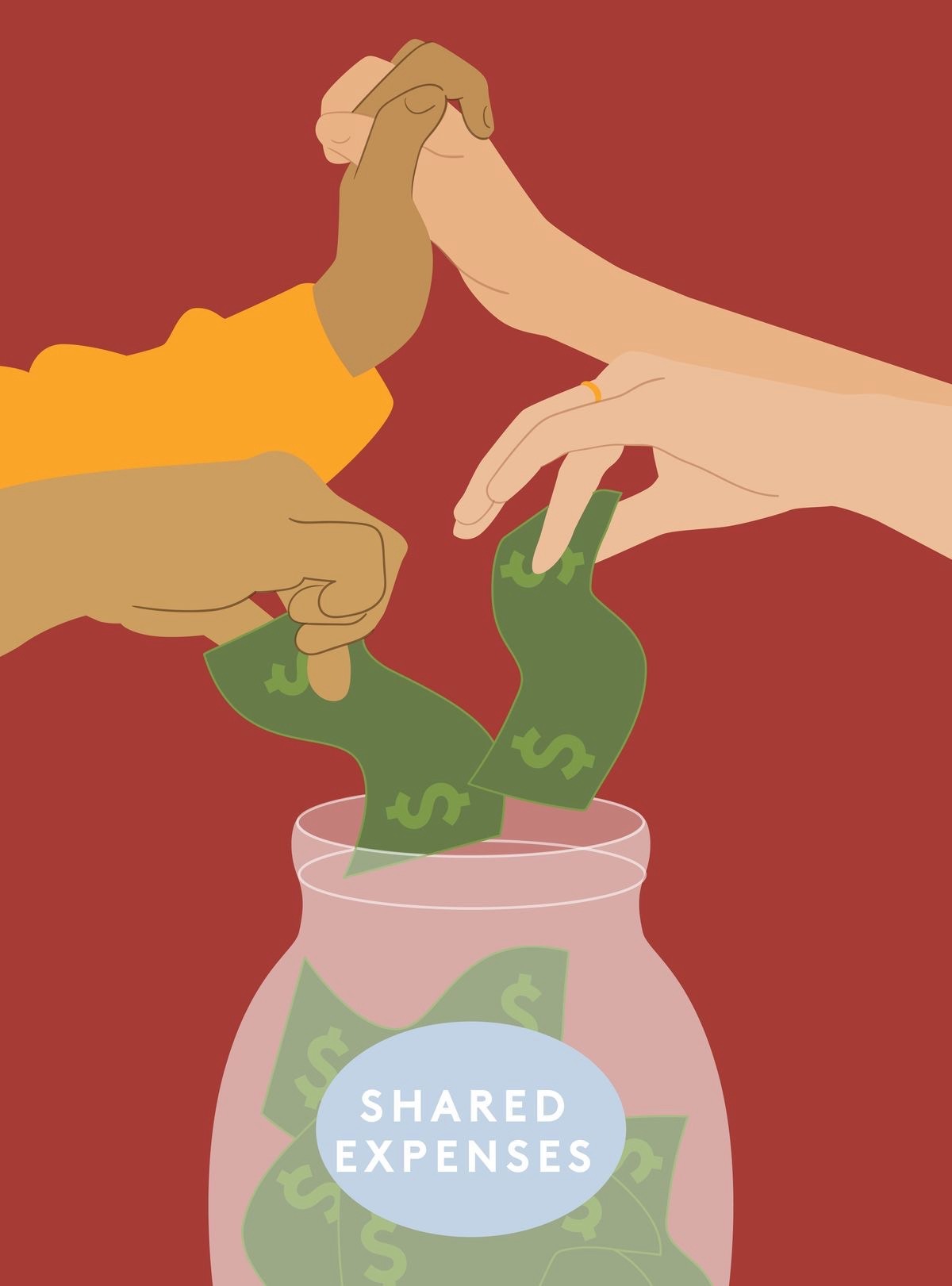
Hey there!
So, I’ve been chatting with many of my married friends lately, and it turns out that money can be a real stressor in relationships. I mean, who hasn’t been there, right?
Even though money matters and is a key part of self-care, it isn’t everyone’s favourite subject. Have you ever tried talking to your partner about money? How did that conversation go?
Since many of my friends are either already hitched or thinking about it, I figured I’d put together a helpful guide on how to talk to your boo about money without it turning into a big ol’ argument or feeling embarrassed.
So, if you’re tired of arguing about finances and want to build a healthier and more positive relationship, read this guide. Trust me, it’ll be worth it.

1. Have an open and honest conversation
Open communication is vital for a healthy relationship, especially finances. Set up a dedicated time to discuss your income, assets, expenses, and debts without criticism or judgment, as each person’s financial situation is unique. Be honest about everything, including salaries, bonuses, expenses, and debts.
Creating a budget that works for both of you can be an opportunity to achieve your shared goals, whether saving for a down payment on a house, paying off debt, or planning retirement. It ensures you are both on the same page.

2. Create a vision board for your goals
I am a vision board person!! I recommend discussing your goals and making a financial plan, which is a great way to bond.
Plan a date night to talk about your financial goals. Having a vision is important because you can work backwards and help to achieve those visions for both partners. Even though money is complicated, seeing that you can handle it together can be great.

3. Equality
Power imbalances within relationships are a well-documented phenomenon. Research shows that partners who earn more, are older, and have higher education levels tend to hold more power. A healthy and fulfilling partnership requires equality, regardless of these factors.
Therefore, it is essential to ensure that both partners have an active role in financial decision-making, even if one partner is not earning an income.
For example, suppose one partner decides to become a stay-at-home parent. In that case, they should still be involved in financial decisions, such as creating a budget, discussing major purchases, and informing each other of financial matters. By doing so, both partners can feel valued and heard, leading to a more positive and healthy relationship.

4. Focus on each other’s strengths
As a gal who has a major math anxiety, I struggle with numbers often. I am very thankful to have a partner who is the opposite. He crunches all the numbers and has expertise in investing in real estate, stocks, and more. Help each other out, and play to your strengths! If one partner has special knowledge about something, like investing, they can take the lead in that area.

5. Values
You can learn a lot about your partner’s values by sharing yours. Put your goals and visions out there. Talk about what you’d like to achieve.
For example, you might be paying off student loan debt or saving to buy your dream home. If your partner is obsessed with fancy restaurants, they are most likely okay with splurging on eating out. But if you’re more into saving by cooking at home, you two might clash when making a food budget.
By sharing your goals and watching how your partner responds, you can learn much about what’s important to them.

6. Transparency
It’s essential to be open about where your money is going. There’s no right or wrong way to handle money in a relationship, so do what works best for you both!
Sharing accounts can help you be super transparent about your expenses, and setting ground rules can make it easier to talk about purchases over a certain amount. But remember, you don’t have to police each other’s spending – trust is key!
If you prefer to keep separate accounts or a combination of joint and personal accounts, that’s okay too! Just make sure you communicate about shared bills and goals. At the end of the day, the most important thing is to keep the lines of communication open.

7. Schedule regular money dates
Plan regular weekly, bi-weekly, or monthly money dates where you can look at your income, spending, savings, investments, and any other assets you and your partner share.
This is your time to check your financial goals and ensure you’re both on the same page.
………………………………………………………………………………
Is there anything we missed? Share your tips for talking about money with your partner below.
P.S.
And while you’re here, why not check out more of our personal finance posts, including 8 financial tips for women to achieve financial freedom.
Pic Credits- Pinterest

